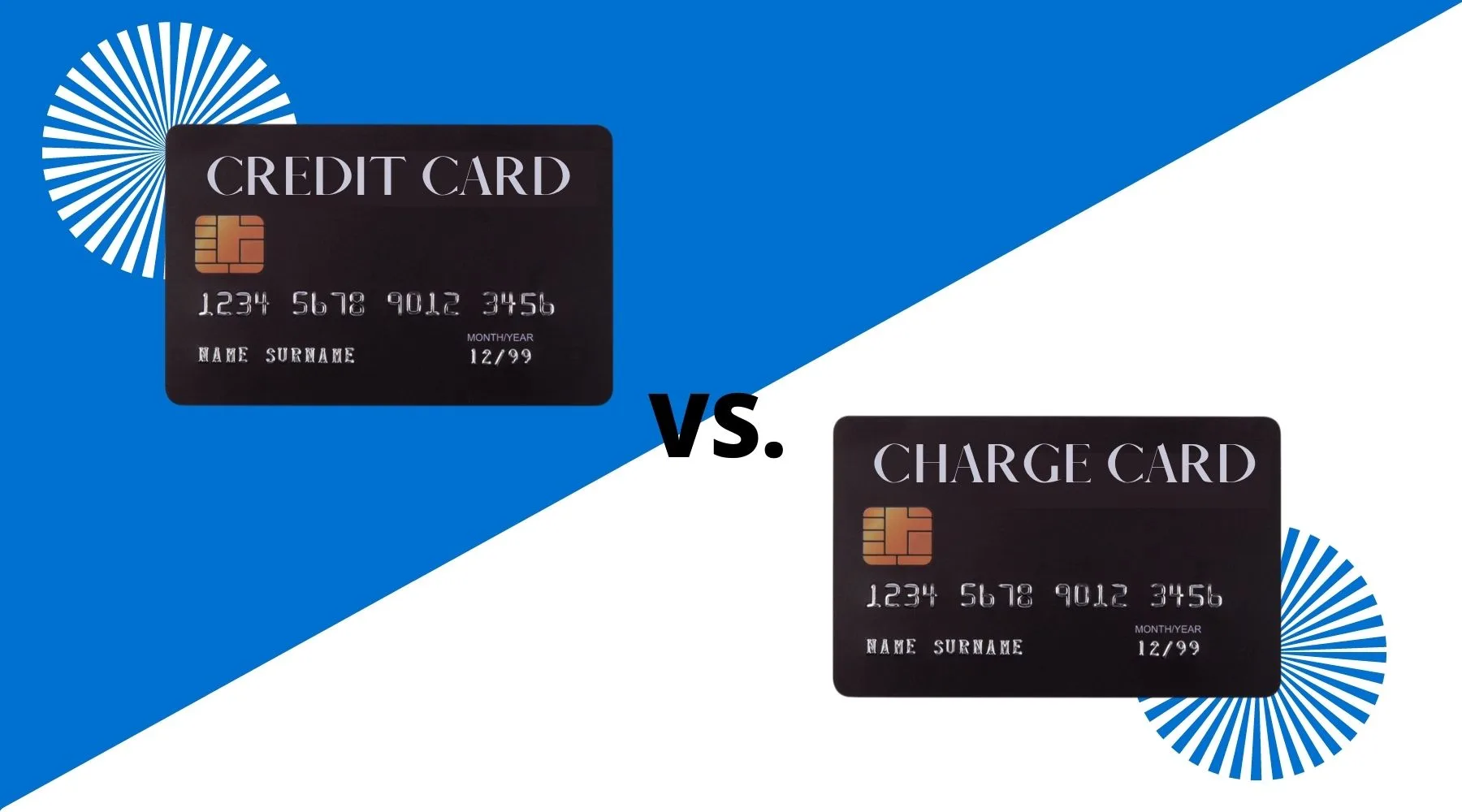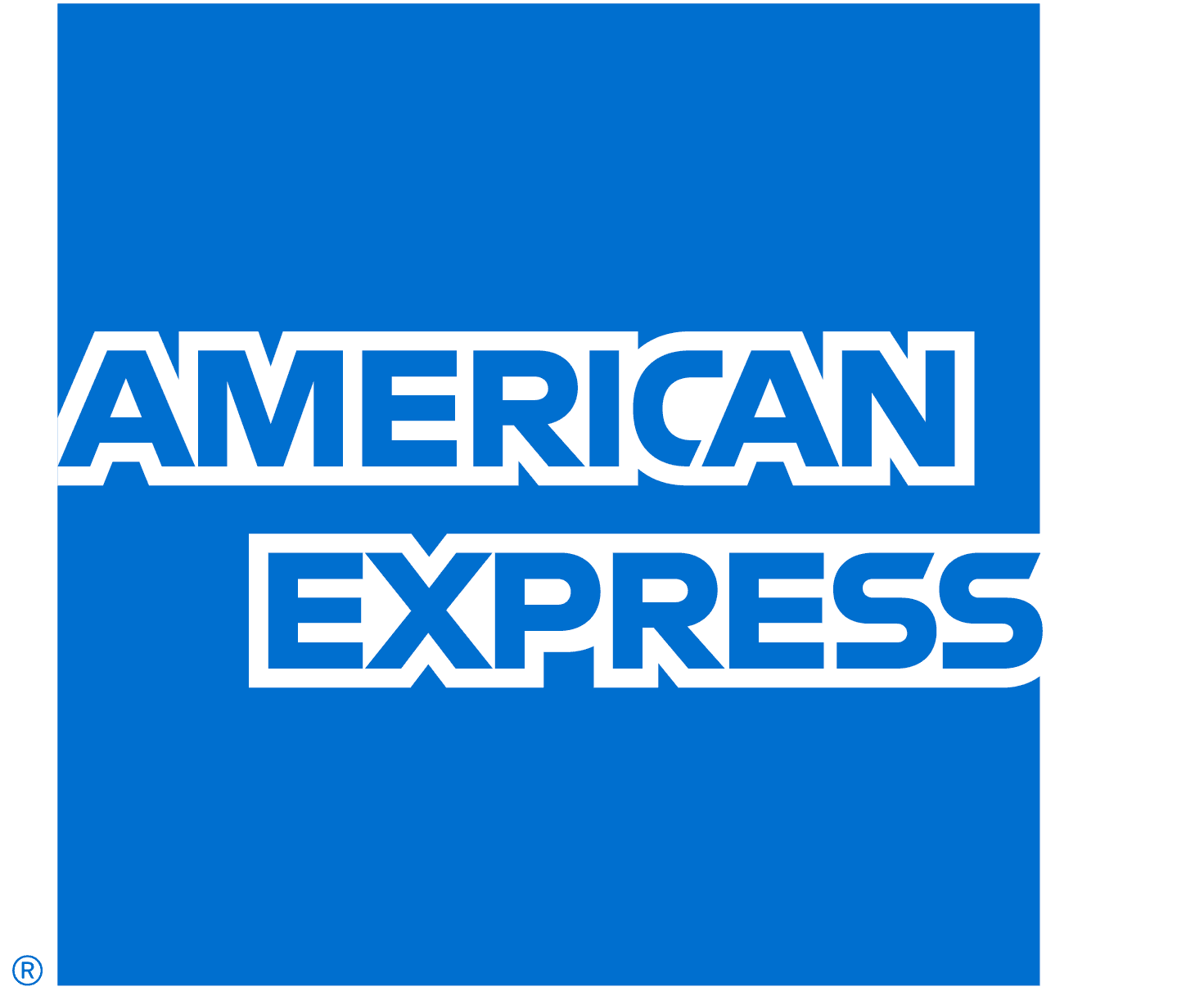Credit vs Charge: Which card is right for your small business?

They might look similar, but credit and charge cards have a few key differences. Here's what to expect.
 Sponsored by the American Express Platinum Business Card. Earn 350,000 Membership Rewards Bonus Points when you apply by 14 July 2026 and spend $12,000 on eligible purchases on your new American Express Platinum Business Card within 3 months of your approval date. Available for new American Express Card Members only.
Sponsored by the American Express Platinum Business Card. Earn 350,000 Membership Rewards Bonus Points when you apply by 14 July 2026 and spend $12,000 on eligible purchases on your new American Express Platinum Business Card within 3 months of your approval date. Available for new American Express Card Members only.
Sometimes, we use the term credit card a little too ubiquitously. Technically, they're not all credit cards. Some of them are actually charge cards.
So what's the difference? There are a few key differences but, traditionally, the biggest one is that credit cards let you carry a balance from month to month, while charge cards require you to pay in full. But that's not always the case.
I know, it's already a little confusing. But to help clear things up we've partnered with American Express to give you some clearer insight into credit and charge cards, as well as information on which features might work for you.
Paying off your balance
Credit cards let you carry a balance from month to month. So if you used a credit card to buy new computers for your business, you could pay that off over as many months as you like.
You would have to pay interest, though, so whatever you buy will end up costing you more than the original price. The longer you take to pay it off, the more it'll cost.
On the other hand, charge cards don't let you carry a balance from month to month, but there's no interest to worry about. You do have to pay your balance off at the end of every month or statement period, otherwise you could be hit with late fees.
So what does this mean in real terms? Well, if you face relatively short-term cash flow challenges and you're confident you can pay off your balance at the end of every month, a charge card could be a good option.
It's an effective cash flow tool without stepping too far into credit territory. This can be an appealing feature for business owners who don't want the risk of a credit card or aren't yet comfortable managing a business credit card.
Maintaining a consistent payment history on a charge card can also help you build a stronger credit score, which could eventually open up the possibility for lower interest rates on business loans, if that's something you're thinking about.
Of course, as with most things, there are some exceptions to the rule. For example, with the American Express Platinum Business Card (which is a charge card), you can actually carry forward part of your balance via its Flexible Payment Option.
With the Flexible Payment Option, card members can take a portion of their balance forward, up to a certain limit. They're then charged interest on this carry-forward amount. It's almost like a halfway point between charge cards and credit cards.
Interest
Since the balance of a charge card must be paid in full each month, there's no interest charged on purchases. This makes it an affordable way to free up cash flow without incurring extra cost.
Also, charge cards can free up cash flow beyond a calendar month. Using the American Express Platinum Business Card as the example again, it offers up to 55 days to pay for purchases.
However, this does depend on your method of payment, date of purchase, when your statement is issued, and whether or not you're carrying forward a balance.
What's the benefit? Simply put, you get a little extra breathing space between buying something and paying for it. This could come in handy when you need to pay for something urgently and unexpectedly but don't have cash on hand. (I'm looking at you, broken machinery and sudden repairs).
It can also give business owners the ability to invest in something which can increase their output and therefore their income. For example, you may buy a new 3D printer, knowing the extra products you sell will help pay it off.
Credit limits
Another key difference between credit and charge cards is that credit cards will come with a pre-set spending limit. To increase your spending limit, you usually have to contact the credit card company and may have to provide proof of earnings or assets.
However, charge cards generally don't have a pre-set spending limit. Don't get too excited – this doesn't mean unlimited spending.
For example, the American Express Platinum Business Card can give card members access to up to $2 million in unsecured funding across a 12-month period.
Individual purchases are approved based on a variety of factors, including current spending patterns, payment history, credit records and financial resources.
So what's the benefit in this? Well, you'll have greater and more flexible spending power. As long as you know you can pay it off by the end of the month, you can put high-value purchases on your charge card. This means you can collect points on those high-value purchases too.
Learn more about the American Express Platinum Business Card
Compare other products
We currently don't have that product, but here are others to consider:
How we picked these


